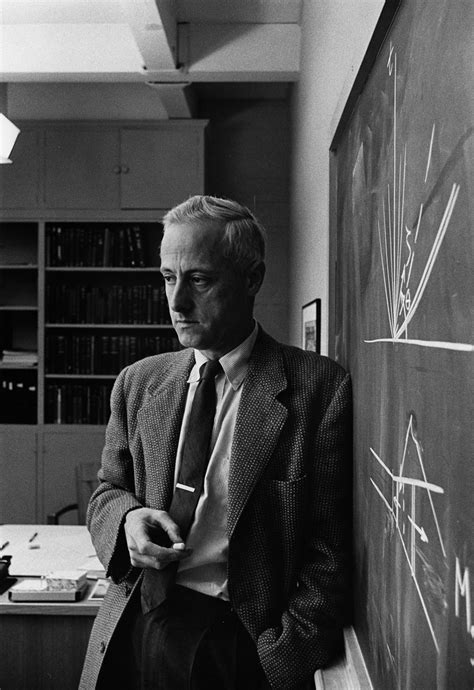A Quote by Henry Petroski
Relying on nothing but scientific knowledge to produce an engineering solution is to invite frustration at best and failure at worst.
Related Quotes
Nostalgia is a necessary thing, I believe, and a way for all of us to find peace in that which we have accomplished, or even failed to accomplish. At the same time, if nostalgia precipitates actions to return to that fabled, rosy-painted time, particularly in one who believes his life to be a failure, then it is an empty thing, doomed to produce nothing but frustration and an even greater sense of failure.
Nothing gives us greater pride than the importance of India's scientific and engineering colleges, or the army of Indian scientists at organizations such as Microsoft and NASA. Our temples are not the god-encrusted shrines of Varanasi, but Western scientific institutions like Caltech and MIT, and magazines like 'Nature' and 'Scientific American.
Aeroplanes are not designed by science, but by art in spite of some pretence and humbug to the contrary. I do not mean to suggest that engineering can do without science, on the contrary, it stands on scientific foundations, but there is a big gap between scientific research and the engineering product which has to be bridged by the art of the engineer.
The failure of market catallactics in no way denies the following truth: given sufficient knowledge the optimal decisions can always be found by scanning over all the attainable states of the world and selecting the one which according to the postulated ethical welfare function is best. The solution 'exists'; the problem is how to 'find' it.


































